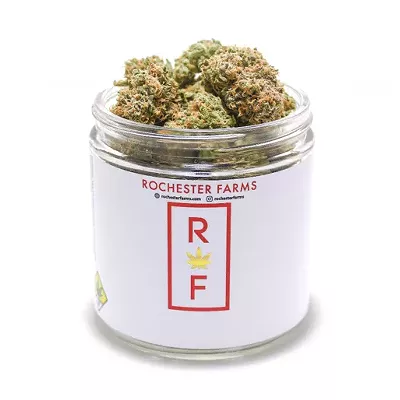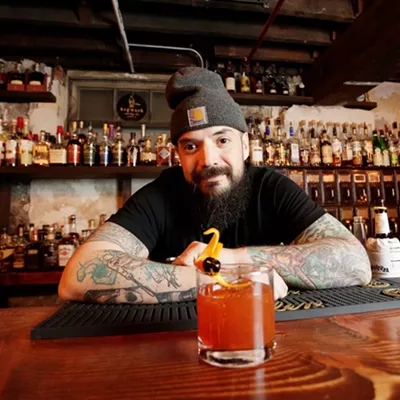At a Pasco City Council meeting in late July, David Morgan, an owner of downtown Spokane's Lucky Leaf, gave a presentation about the benefits cannabis retailers can bring to a blighted or overlooked area within a city.
He had to give the presentation because before Morgan can open a new Lucky Leaf location in downtown Pasco, the city will need to change the rules on its books. Since 2014, cannabis businesses have been prohibited in the city of Pasco, as well as the entirety of Franklin County. Only 39 percent of Franklin County voters supported legalization in the 2012 election, the second-lowest percentage in the state behind only tiny Garfield County. Cannabis, of course, is legal everywhere in the state of Washington, even Pasco. It just can't be grown, processed or sold there.
In the decade since legalization, cannabis has become ubiquitous around the state, especially in larger cities. But according to the Municipal Research and Services Center of Washington, cannabis businesses are prohibited in 82 municipalities in the state, as well as on unincorporated land in six counties.
Closer to home, there are places around the Spokane area that have taken a similar approach to that of Pasco and Franklin County. Cannabis businesses are prohibited in Chewelah, Deer Park, Medical Lake and Liberty Lake, though there are dispensaries nearby, outside those municipalities' boundaries.
Morgan's presentation to the Pasco City Council emphasized the lack of nearby dispensaries And despite the area's overwhelming vote against cannabis legalization and subsequent establishment of laws prohibiting cannabis businesses, the Pasco City Council was receptive during the presentation and Q&A session. Council members noted shifts in demographics and perceptions of cannabis in Pasco over the past decade. Another noted that a similar shift has occurred on the council.
"We've had a 100 percent turnover on council since our previous ban on retail sales passed," City Council member Craig Maloney said, not long after stating that he specifically would not be patronizing any cannabis businesses. "I certainly think we owe the community a vote on this."
After the hour-plus discussion, the council agreed that the rules currently in place needed to be reevaluated, though the council did not take any action on the issue during the meeting. There were calls for more discussion, and on potentially taking it to the voters to decide. It wasn't a decisive hour, but it was a potentially important one for the future of cannabis in the region. ♦



















